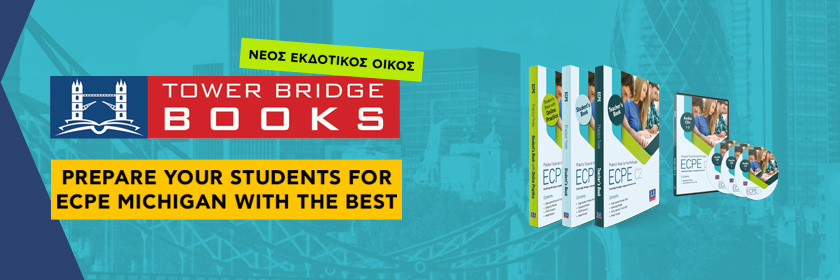After a spring of distanced teaching, I’ve had the opportunity to participate in professional development from my home, and I love the convenience and flexibility it allows. From materials focused on instructional strategies to social and emotional learning to diversity and equity, numerous professional learning opportunities are available virtually.
One of the benefits of personalized professional development is that it can easily be individualized according to the goals and needs of each teacher. For some teachers, the focus could be on instructional strategies; for others, it could be about new technologies or culturally relevant teaching.
Another benefit of personalized professional development at home is that it is budget-friendly. There are many free professional development programs available this summer that are flexible and can work perfectly into teachers’ schedules.
FORMATS FOR PROFESSIONAL DEVELOPMENT AT HOME
Professional learning can take many forms. Webinars and podcasts offer great flexibility. Some webinars are live and allow questions to the presenters through an online chat option, but many are recorded, which provides an opportunity for teachers to watch them on their own time.
Webinars: Solution Tree offers webinars throughout the summer. Some webinars focus on an educational expert who shares information, while other webinars are focused on a book study. There are book studies available on topics such as utilizing neuroscientific advances, differentiating instruction strategies to improve student achievement, creating a culture of feedback, incorporating compassion into teaching, and helping teachers craft a self-care plan.
Book studies: Book studies allow for collaborative opportunities. This summer, Corwin Publishing is hosting Camp Corwin, an online book club for educators. Each book club will meet four different times, and there are many different book selections to choose from. In addition, Corwin has nine years’ worth of webinars covering a wide range of topics, including small group instruction, strengths-based mathematics instruction, trauma, transformative teaching, Multi-Tiered Systems of Support, equity, visible learning, and teacher efficacy.
Podcasts: If you’re interested in podcasts, the publisher Heinemann offers a variety of podcasts on their website. Some current podcast topics include dismantling racism, finding the right tools for read-aloud, teaching remote math instruction, and creating responsive reading instruction.
They also offer original podcast series, including Beyond the Letters, where Maggie Beattie-Roberts and Kate Roberts host conversations with LGBTQ educators about what it means to create a truly inclusive space for students. These series go in-depth and offer weekly episodes with different guests.
Social media: Social media also cover a variety of online learning opportunities. This might include Facebook Live sessions with one of your favourite educational authors, a Twitter question-and-answer session with an online learning community, or a book study with other teachers through Instagram. Discovery Education’s Facebook page offers numerous resources for teachers on topics ranging from STEM to social and emotional learning. They also offer Facebook Live Equity Talks, a live webinar series focused on equity in education with some of the nation’s top educational leaders. These sessions will resume in August. However, archived sessions from this spring can still be accessed.
QUESTIONS TO ASK WHEN DECIDING WHAT TO DO
When deciding what type of individualized professional development you would like to participate in this summer, ask yourself these questions:
What are some educational areas in which I want to grow? Will these professional development sessions over the summer help improve my practice?
How will this professional development improve my instruction and benefit all my students? Will the strategies I learn be easily implemented on my own? How will I access support if I am struggling?
What will my classroom look like when I’ve implemented the strategies I’ve learned? Will students be engaged, and will learning improve?
How will my new skills and knowledge build my capacity when I return to my classroom?
There are a few things that I feel are important to remember about personalized professional development: First, keep in mind that self-directed professional development is very helpful for individual teachers, but it is not sufficient in terms of implementing schoolwide changes.
Next, consider finding a colleague to process ideas and share new learnings and collaborate with this summer. This might be someone you currently work with or someone you’ve met through an online forum. By having someone to share ideas with, you’ll be able to think about how you will implement changes in your classroom in the fall.
Finally, try to limit your screen time so that you don’t get overwhelmed and miss out on much-needed rest.








